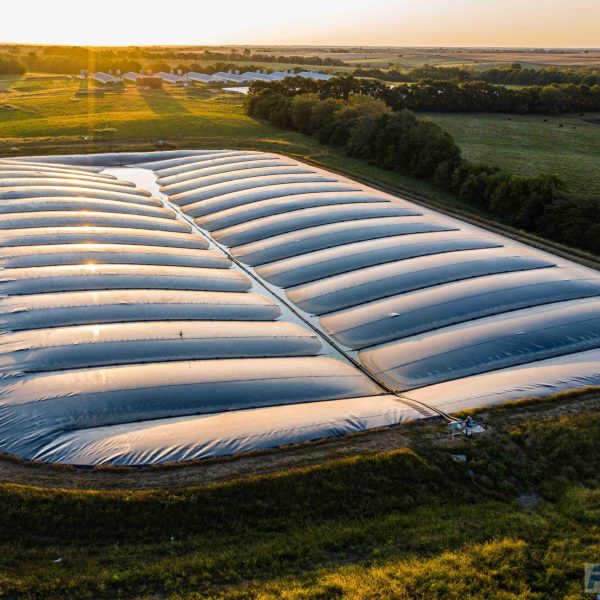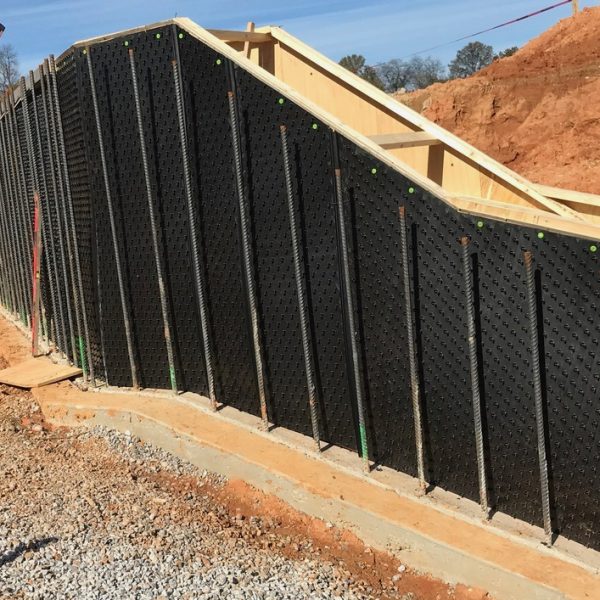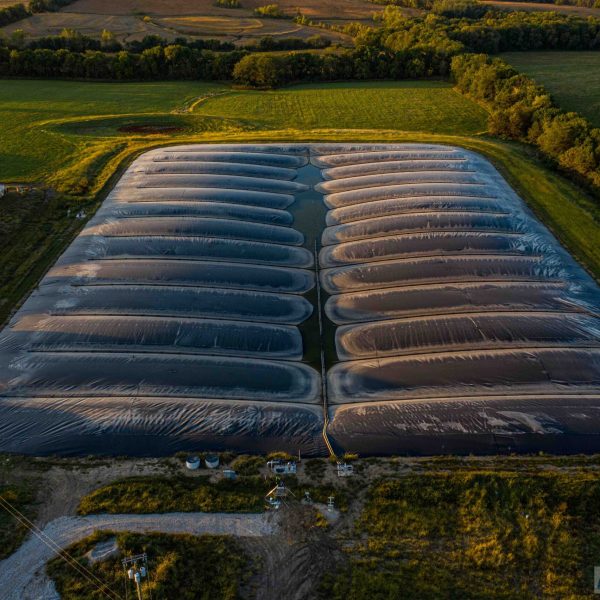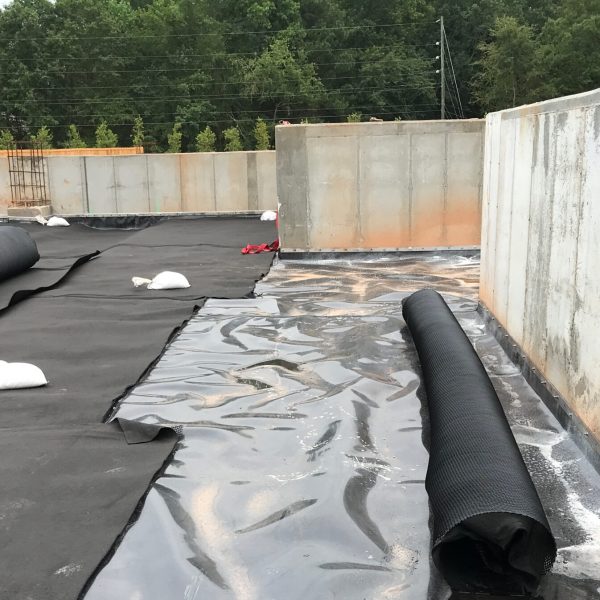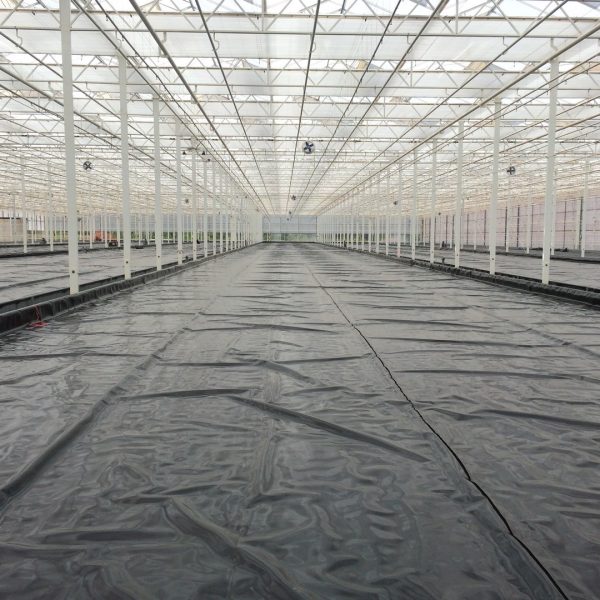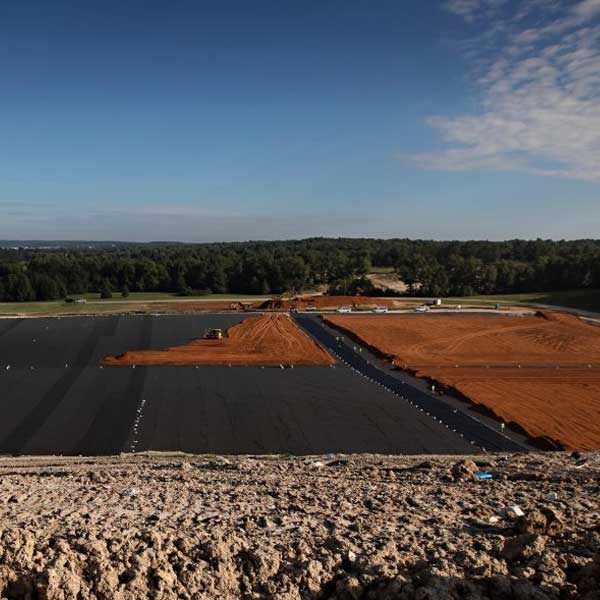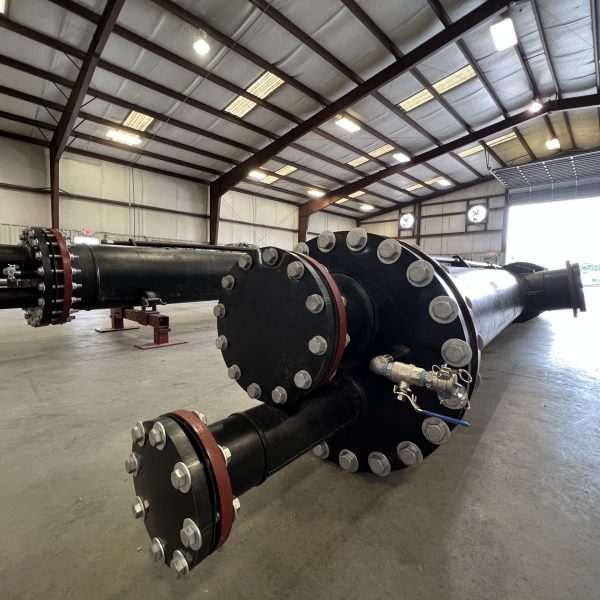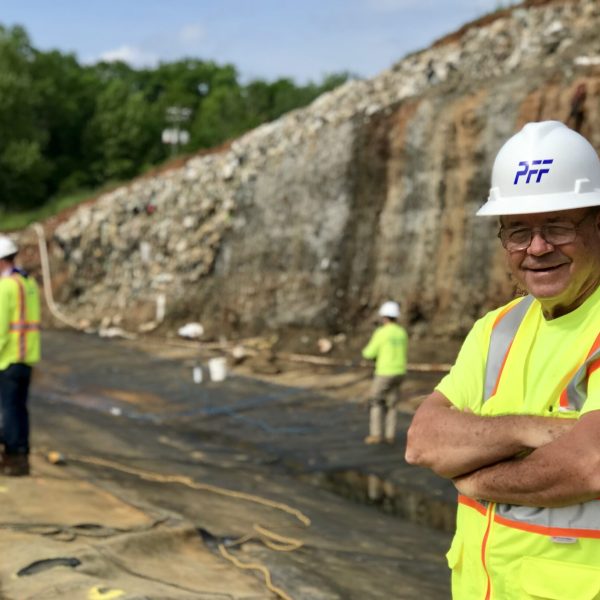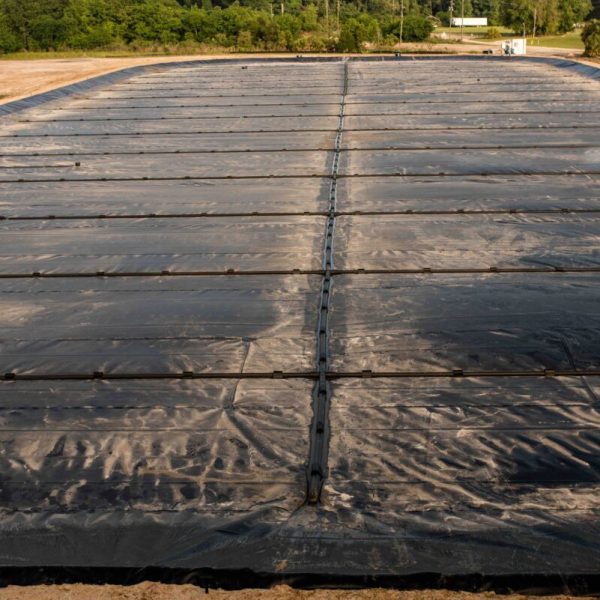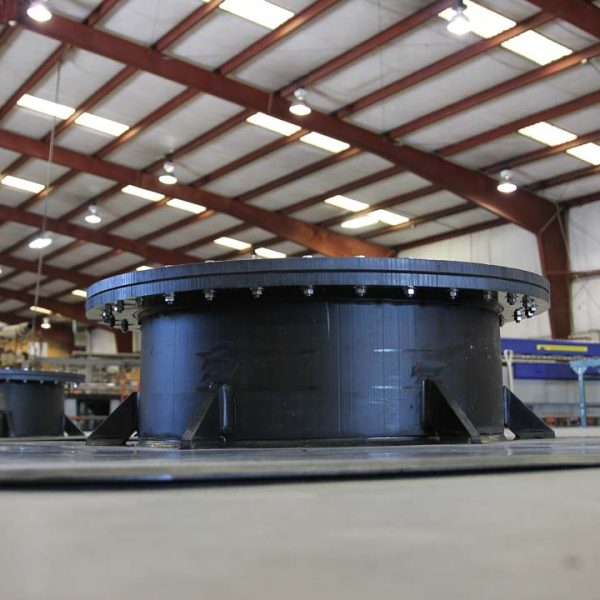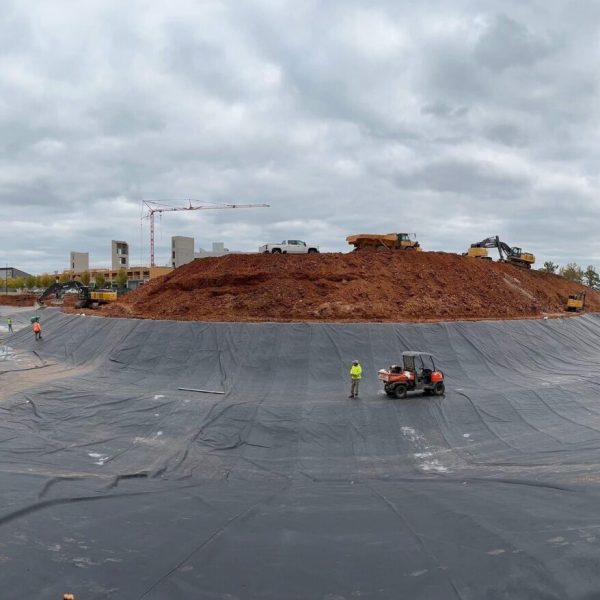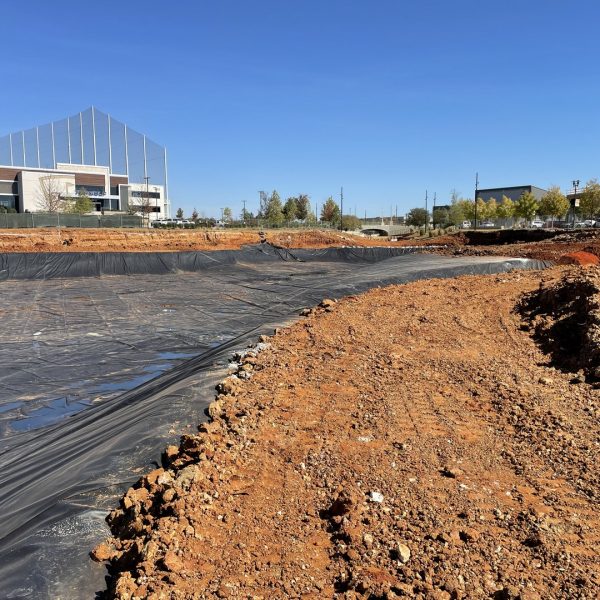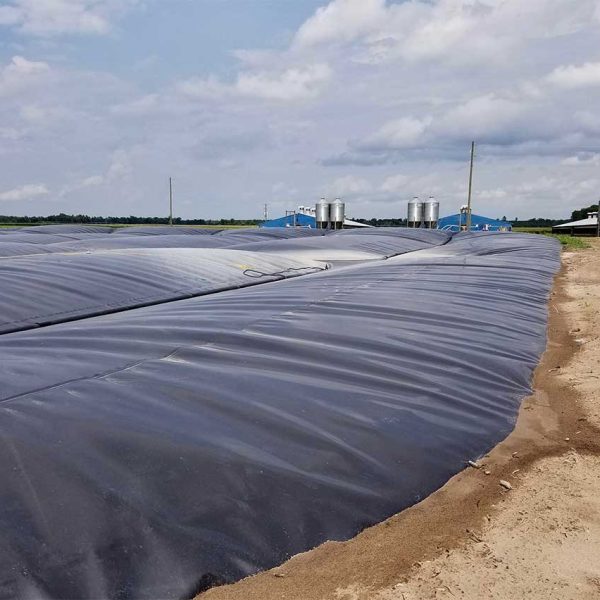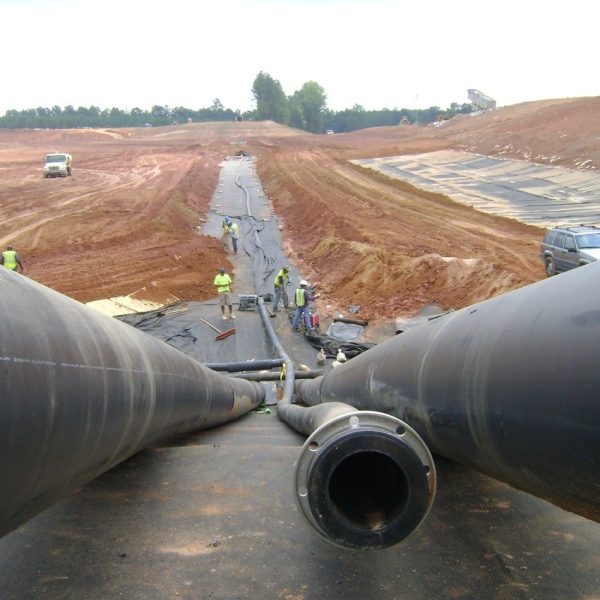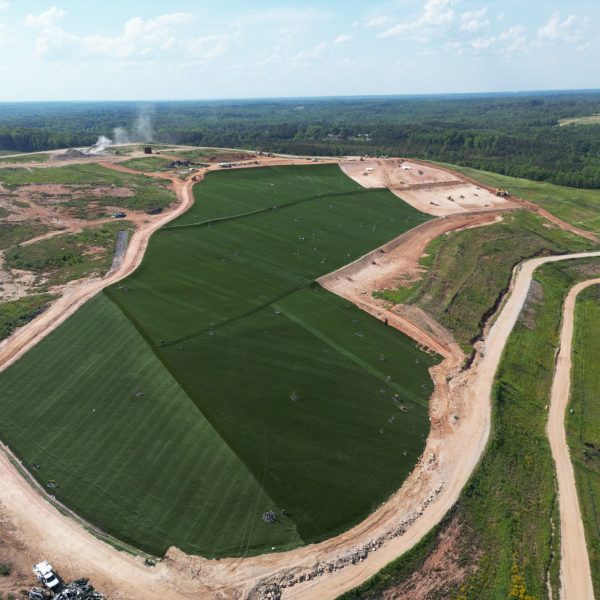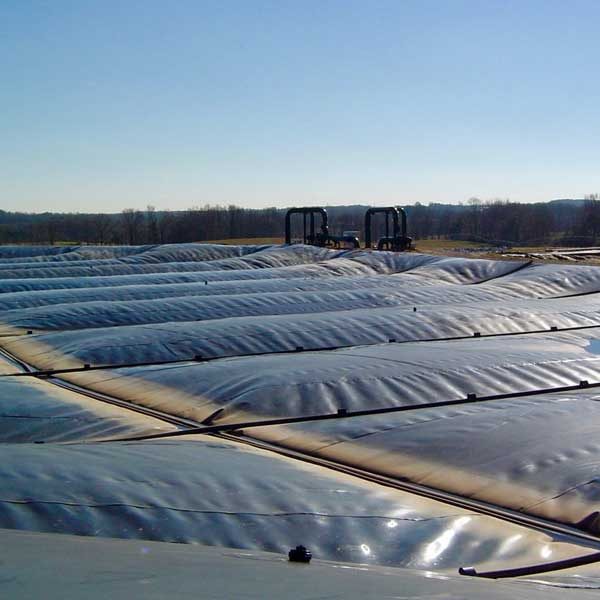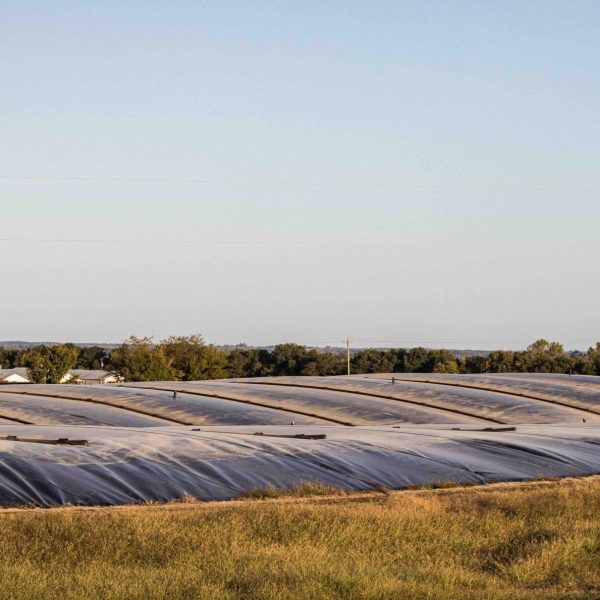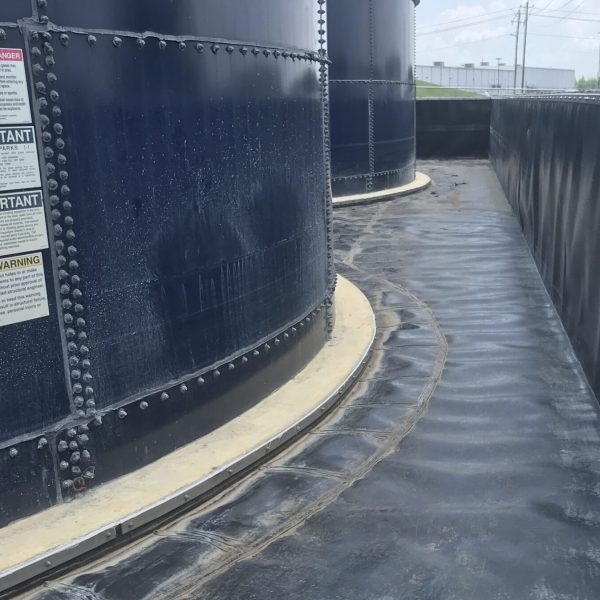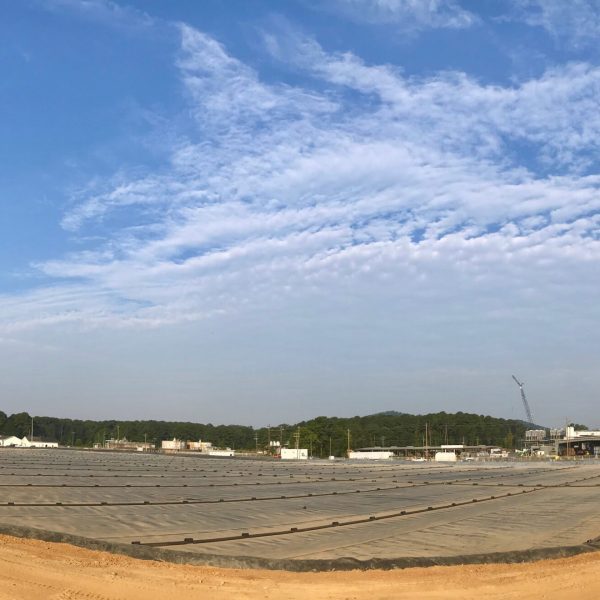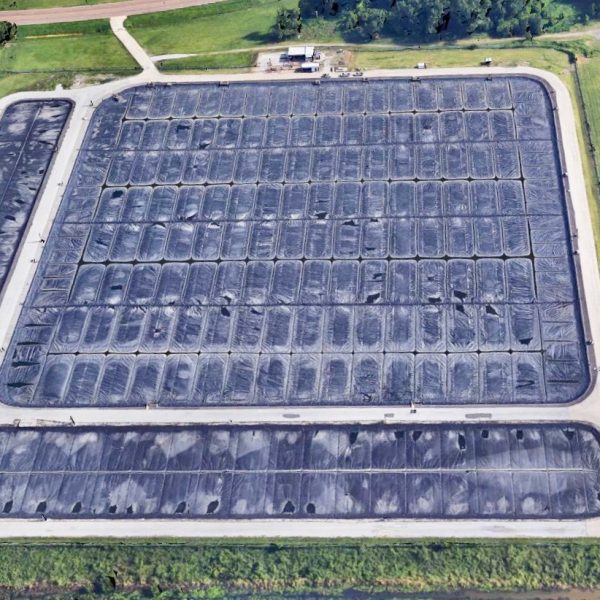landfill liner installation contractor
CONTACT NOW FOR FREE CONSULTATION
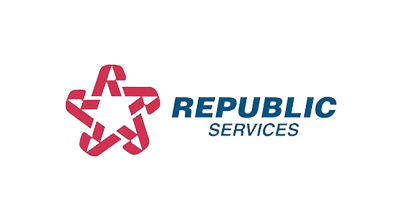
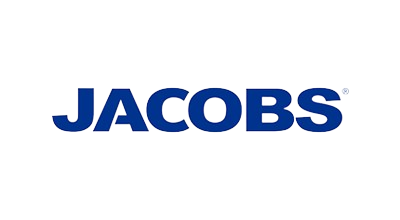
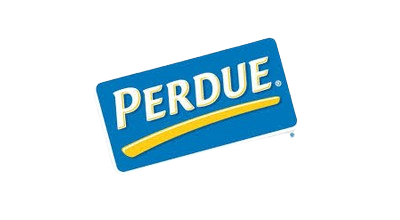
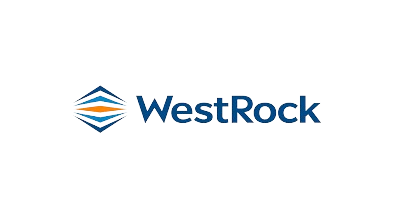

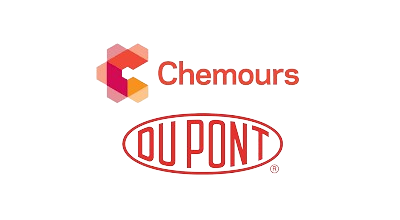


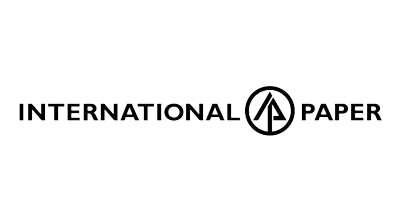



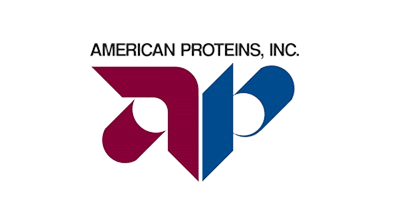

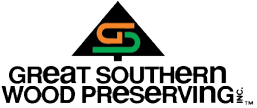
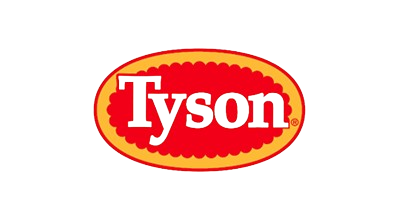

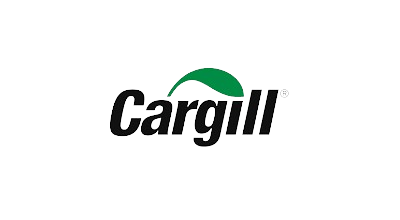
Unmatched Performance
Concrete Protective Liners
Plastic Fusion is a leader in the installation of concrete protective liners in industrial tanks and storage facilities, wastewater treatment tanks, and chemical processing plants.
Piping Systems
Our custom fabricated piping systems meet even the toughest handling requirements. Materials offer long-term chemical resistance and environmental containment.
Anaerobic Digester Covers
We design and install HDPE cover systems for anaerobic digesters and are a pioneer in anaerobic digester lagoons for biogas collection and conversion to Renewable Natural Gas (RNG).
Liner Systems
Plastic Fusion has been installing geosynthetic containment systems for more than 40 years.
landfill liner installation contractor
CONTACT NOW FOR FREE CONSULTATION
Read more
What Are Landfill Cell Liners?
Landfill cell liners are protective barriers installed at the base of landfill cells to prevent hazardous waste from contaminating the surrounding soil and groundwater. These liners are typically made from high-density polyethylene (HDPE) to create a secure containment system.
How Are Landfill Liners Installed by Contractors?
Landfill liner installation contractors follow a detailed process that includes site preparation, liner placement, welding seams for impermeability, and applying layers of protection, such as drainage systems. Specialized equipment ensures the liner fits precisely and remains durable over time.
What Materials Are Used for Landfill Liner Systems?
Landfill liner materials vary depending on the site’s design and environmental requirements. Common materials include geomembranes like HDPE, geosynthetic clay liners (GCLs), and composite liners. Each material is selected based on its resistance to chemicals and ability to prevent leakage.
Who Are the Leading Landfill Liner Suppliers?
Landfill liner suppliers provide the necessary materials for constructing landfill liner systems. Top suppliers offer various products, including geomembranes, geotextiles, and drainage composites, tailored to meet the needs of different landfill projects.
What Is a Landfill Liner System?
A landfill liner system is engineered to contain waste and prevent environmental contamination. It typically consists of multiple layers, including a geomembrane, a drainage layer, and protective barriers, to ensure effective containment and reduce the risk of leaks.
How Does a Landfill Membrane Work?
A landfill membrane, often made of HDPE or other durable materials, acts as an impermeable barrier that lines the landfill’s base. It prevents liquid waste, known as leachate, from escaping into the surrounding environment, ensuring the safety of nearby ecosystems.
What Is the Purpose of Landfill Cell Liner Systems?
Landfill cell liner systems contain waste materials within a designated area, preventing contaminants from seeping into the soil or groundwater. These systems are critical in reducing environmental pollution and ensuring landfill operations comply with regulatory standards.
How Do Landfill Liner Materials Affect Performance?
The choice of landfill liner materials significantly impacts the performance and durability of the liner system. High-quality materials like HDPE and GCL are chosen for their chemical resistance, durability, and impermeability, ensuring the landfill remains leak-proof for years, even in harsh conditions.
What Should You Look for in Landfill Liner Installation Contractors?
When selecting landfill liner installation contractors, it’s essential to consider their experience, expertise in working with various liner materials, and ability to meet regulatory compliance. Contractors should have a proven track record of successful projects and be equipped with the tools for accurate installation.
Why Is Proper Landfill Liner Installation Crucial?
Proper landfill liner installation is crucial because even small gaps or improperly sealed seams can lead to environmental contamination. A well-installed liner ensures long-term waste containment and prevents leachate from leaking into the surrounding soil and water sources.
What Are the Benefits of Using Geomembrane Liners in Landfill Systems?
Geomembrane liners, particularly HDPE membranes, are widely used in landfill systems due to their strength, flexibility, and chemical resistance. These liners provide an impermeable barrier, are cost-effective, and are easily installed and maintained, making them ideal choices for landfill projects.
How Do Landfill Liners Protect Groundwater?
Landfill liners protect groundwater by acting as a barrier between the waste in the landfill and the natural environment. The liners prevent harmful leachates, which could contain toxic chemicals, from seeping into the soil and contaminating underground water supplies.
Who Manufactures the Best Landfill Liners?
The best landfill liner manufacturers provide durable, high-performance liners, including HDPE and GCL options, designed to meet stringent environmental regulations. These suppliers are known for offering customizable solutions for various landfill projects.
What Types of Landfill Liner Systems Are Available?
Landfill liner systems come in various types, including single, double, and composite liners. Each system is designed based on the level of waste containment required and the environmental protection needed for the specific site.
What Are the Environmental Benefits of Using a Landfill Membrane?
Using a landfill membrane has significant environmental benefits, including preventing soil and water contamination, reducing the risk of toxic leachate leaks, and helping landfills comply with environmental protection standards. These membranes also enhance the overall sustainability of waste management operations.
How Do Landfill Liner Systems Help with Regulatory Compliance?
Landfill liner systems help facilities meet regulatory compliance by providing a secure containment system that prevents pollution and contamination. Regulatory agencies often require specific liner materials and installation standards to be met to protect public health and the environment.
What Is Geomembrane Installation?
Geomembrane installation involves deploying impermeable liners made from materials like HDPE (High-Density Polyethylene) to create a secure barrier that prevents the movement of liquids or gases. This process is used in environmental, industrial, and agricultural projects to ensure containment and prevent contamination.
What Are the Steps in HDPE Liner Installation?
The steps include:
- Site Preparation: Clearing and leveling the area.
- Liner Deployment: Unrolling and placing the HDPE sheets across the surface.
- Seam Welding: Using specialized equipment to join liner panels securely.
- Inspection and Testing: Checking for leaks and verifying seam integrity.

